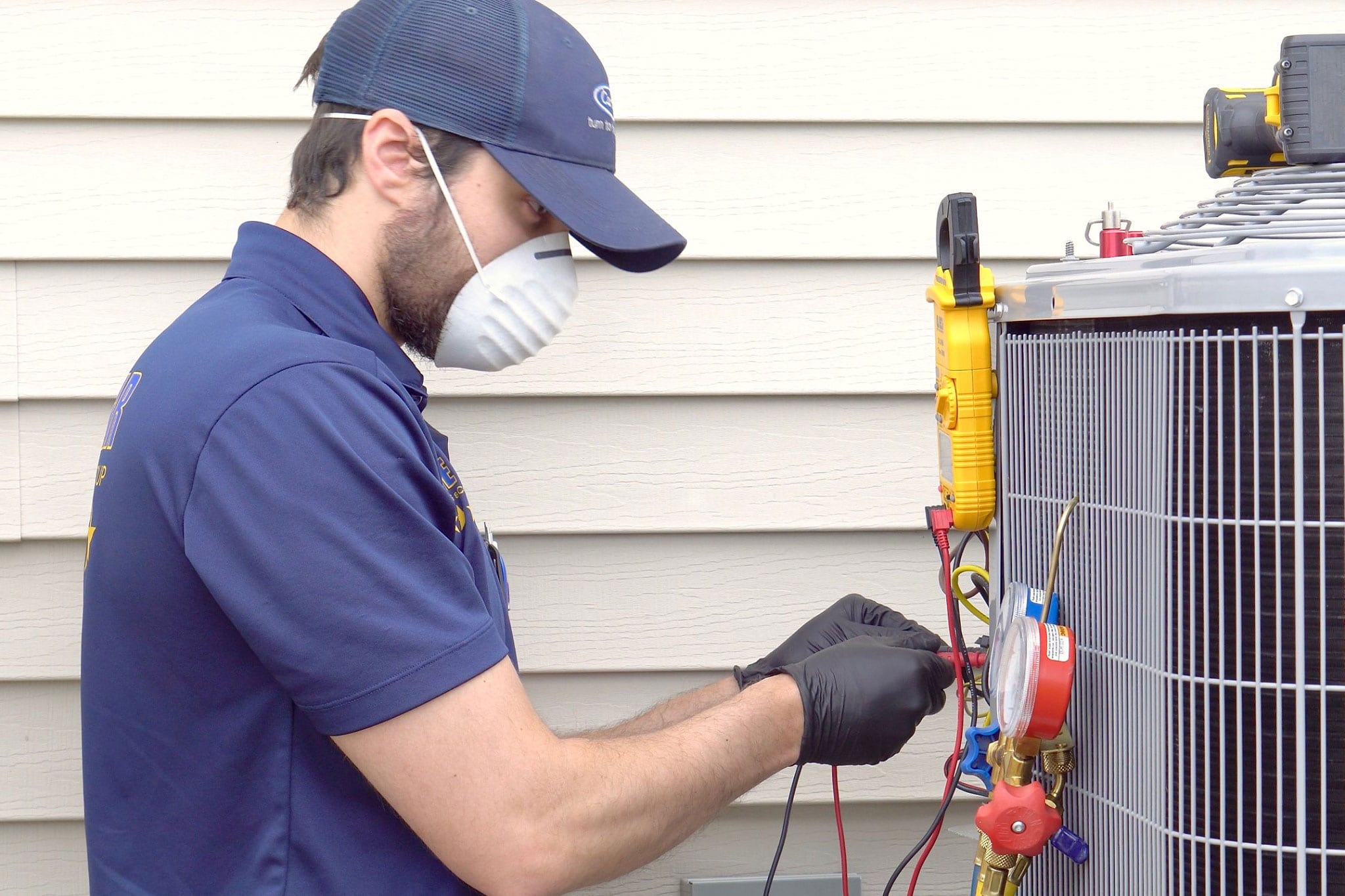The HVAC system serves a crucial role in providing comfort within your home during the changing seasons. It not only manages temperature but also affects indoor air quality and power efficiency. But, like any major home equipment, your HVAC system has a service life and may call for an upgrade after years of service. Identifying the signs that your system is having issues can save you from unexpected failures and higher energy bills in the long run.
If you notice yourself regularly changing the thermostat, dealing with variable temperatures, or dealing with increased energy expenses, it may be time to assess your HVAC system. In this article, we will explore the top signs that indicate your HVAC system might require an upgrade. By recognizing these alert signals, you can make educated decisions about your heating and cooling systems and invest in solutions that boost both comfort and efficiency in your home.
Grasping HVAC Systems
HVAC stands for climate control, ventilation, and cooling. These units are essential for maintaining comfortable interior climate and air quality in houses and buildings. The primary function of an HVAC unit is to manage temperature, ensuring that spaces are warm during cold seasons and cool in the summer. Moreover, these systems play a critical role in filtering and circulating air, which aids to a wholesome indoor environment.
How your HVAC system works involves multiple components, including furnaces, cooling units, duct systems, and temperature controls. The heating element heats the air, while the air conditioning system cools it. Ventilation occurs through the circulation of air inside and outside, allowing new air access while expelling stale air. Understanding these components helps residents identify when their units may require attention or improvements.
Frequent issues can occur over the years, leading to reduced performance and increased utility bills. Problems such as dirty filters, worn-out parts, or air leaks can impair system performance. Routine maintenance is crucial for prolonging the life of your HVAC system and ensuring it operates at optimal performance. By identifying signs of wear and tear early on, homeowners can make smart decisions about fixes or required improvements.
Frequent Heating, Ventilation, and Air Conditioning Issues and Resolutions
One of the major common problems homeowners encounter is inadequate heating or cooling. This issue often arises from clogged filters, blocked ducts, or faulty thermostats. Regular maintenance, including changing air filters and ensuring proper airflow, can alleviate these issues. If the problem continues, it may be wise to consult a professional to identify potential problems with the HVAC system's parts.
Another common issue is unusual noises emanating from the HVAC unit, such as thumping, grinding, or squealing sounds. These noises can indicate unsecured or damaged parts, worn bearings, or even debris in the blower. Homeowners should investigate these sounds promptly, as they can lead to more significant damage if left unaddressed. Scheduling seasonal maintenance can help detect and fix these problems before they worsen.
Finally, high energy bills often indicate inefficiencies in an HVAC system. These issues can stem from old units, poor insulation, or incorrect thermostat settings. Homeowners can enhance energy efficiency by insulating ducts, upgrading to Energy Star-rated units, and using intelligent thermostats to optimize heating and cooling schedules. Assessing and addressing these factors can lead to significant savings and increased comfort.
Selecting and Caring for Your HVAC System
When selecting an HVAC system for your home, it is essential to think about factors such as the dimensions of your home, local weather, and energy efficiency ratings. Performing a load calculation helps find out the correct unit size, ensuring optimal performance without spending too much on energy bills. It is also beneficial to explore advanced options like ductless mini-split systems or geothermal heating and cooling, which may offer better efficiency and flexibility compared to traditional systems. Looking into various brands and consulting HVAC professionals can also guide you towards a system that adequately fulfills your needs.
Once your HVAC system is set up, regular maintenance is vital for its longevity and efficiency. https://disciplined-whale-nrljq7.mystrikingly.com/blog/do-it-yourself-heating-ventilation-and-air-conditioning-repairs-when -ups, which include cleaning filters, checking ductwork, and reviewing components, help stop breakdowns and extend the life of your system. Keeping an eye on your energy costs can also be a great indicator of your system's condition; any sudden jump in costs can signal issues that need to be addressed promptly. Arranging maintenance in the spring and fall prepares your system for the difficulties of severe weather, ensuring dependable performance year-round.
Upgrading in a smart thermostat can enhance your HVAC system's efficiency even further. These devices allow you to set temperature settings based on your routine, helping to minimize energy consumption while keeping comfort. Additionally, incorporating excellent air filters can enhance indoor air quality, lower allergens, and shield your system from dust and debris buildup. Overall, a thoughtful approach to deciding on and caring for your HVAC system will result in improved performance, decreased energy costs, and a more comfortable home environment.

